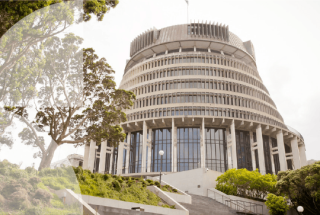New guidance on publicly available official information

New guidance on publicly available official information
Thursday 3 May, 2018
The Ombudsman has recently released a useful guide relating to the power not to provide official information that is or soon will be publicly available. This power recognises that requesters should be able to get publicly available information themselves, without having to use LGOIMA. However, it shouldn’t be used in ways which undermine the principle of increasing the availability of official information.
The guide sets out the key considerations that local authorities must address before relying on this power of refusal. In relation to information that is already publicly available, local authorities should consider factors such as whether the requester can reasonably access the information, taking into account factors such as distance and technology; and how difficult it would be for them to supply the information to the requester. For example, with regard to reasonable access to information, the fact that a requester would have to pay a commercial rate for information of commercial value does not mean that the information is not publicly available. However, if the cost of purchasing the information from a third party was patently excessive then it would not be considered publicly available, so a council would probably have to provide the information under LGOIMA.
Where the information will be publicly available soon, local authorities should also consider how soon the information will be available, whether the requester needs the information earlier, and whether there is any reason why the information can’t be made available before the planned publication date.
The guide is available here.
Please contact Megan Crocket if you require assistance with LGOIMA requests.




